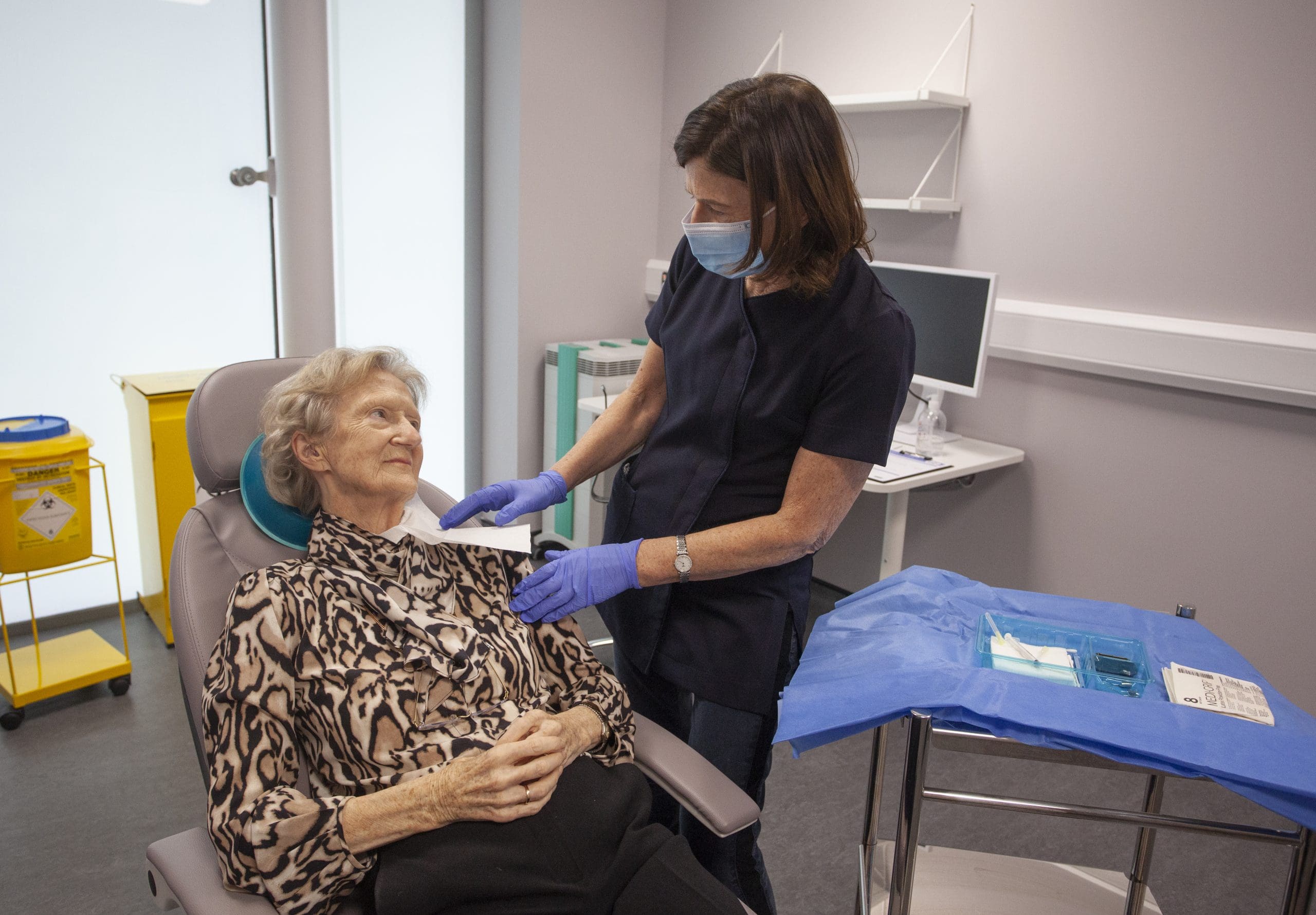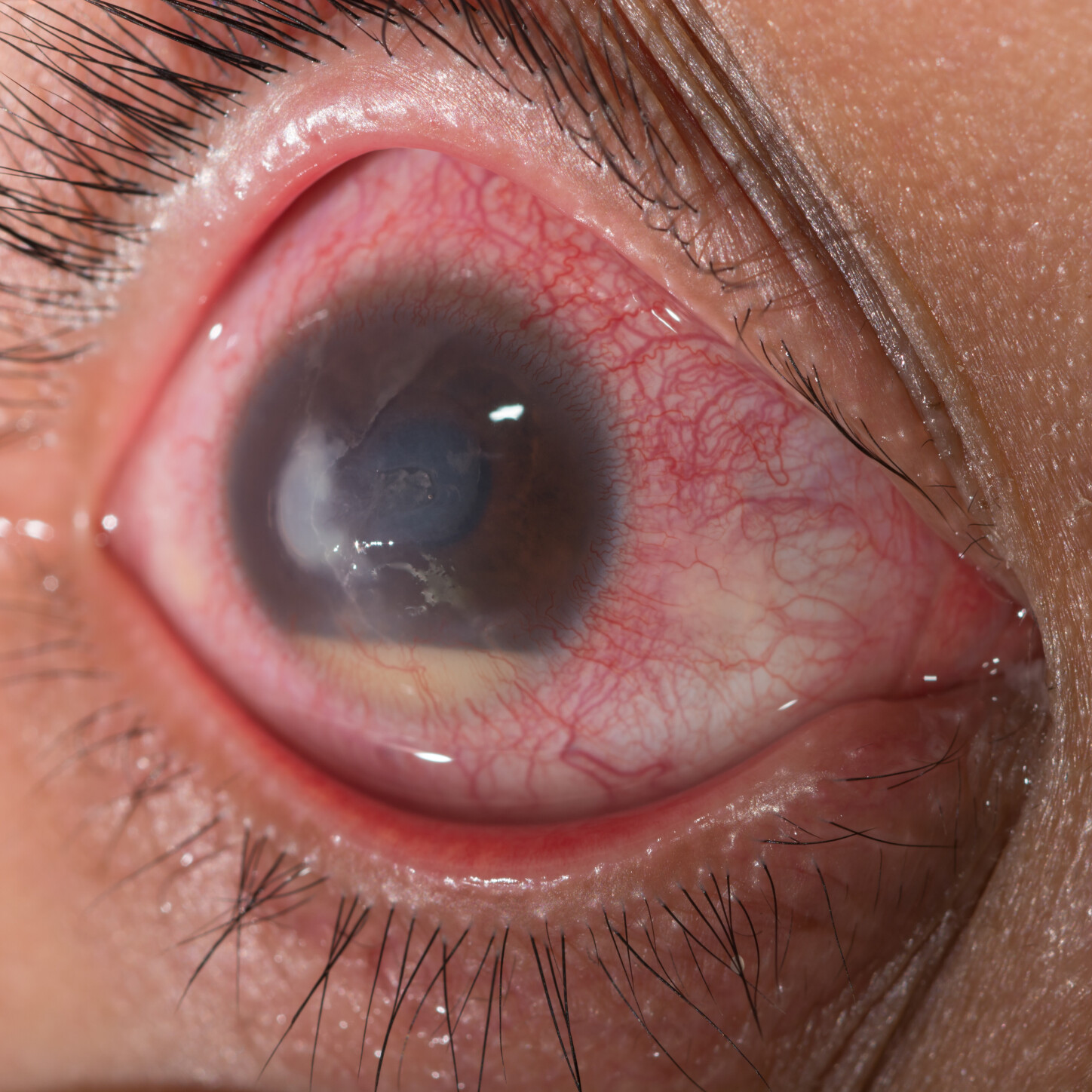Eye doctors inject medication directly into your eye to treat certain conditions. Eye doctors call these intravitreal or eye injections, and they can save your sight. Diabetic eye disease, AMD and retinal vein occlusion are all conditions that respond well to eye injections. The treatment improves vision for many patients.

What To Expect During an Eye Injection?
- An anaesthetic drop will numb the surface of your eyeball so you don’t feel pain.
- An antiseptic on your eye and eyelids will help prevent infection from bacteria near the eye.
- Your eye doctor will likely help you hold your eye open with a cotton bud.
- Your eye doctor will ask you to look in a certain direction to help you not see the needle and help them inject medicine in a specific part of the eye.
- You will get the injection. The needle is very thin. You will probably feel only pressure and not a sharp sensation. The injection is through the white part of your eye.
- Your eye doctor will clean your eye to remove the antiseptic. They will also check the eye to make sure there are no problems or complications.
- The typical injection visit usually takes about 50 minutes from start to finish. If you are scheduled to have vision and OCT tests on the day of your injection, please allow 90 minutes for your visit.

What to expect after your injection?
- Your eye may feel quite gritty for 24 – 48 hours after the injection. This sensation should get continually better as time goes on.
- We may apply a lubricating drop immediately after the procedure which you can re-apply if the grittiness persists.
- A double eye pad or bandage contact lens may be used to cover your eye temporarily for two to three hours to avoid you rubbing your eye accidentally and to prevent it drying out.
- Blobs or small specks in your vision (floaters) may be seen after the injection. This is usually the medication and should not affect your vision and will disappear in a few days.
Signs of possible complications
We ask you to ring us urgently if your eye feels worse instead of better as time goes on.
The following conditions – especially if they occur after 48 hours – can be warning signs of a complication:
- sensitivity to light or eye pain
- blurred vision
- a red eye (a localised red patch of redness at the injection site is normal)
- floaters or flashes that are getting worse or a dark shadow or curtain from above or below
- A rare but important warning sign is a milk-like fluid level in front of your iris (the coloured bit of your eye)
If any of the above warning signs occur, please contact Progressive Vision on 01 213 5652.
If outside of office hours, please contact the Emergency Department of the Royal Victoria Eye and Ear Hospital on 01 664 4600.
Request an appointment to book an initial suitability assessment at Progressive Vision.
